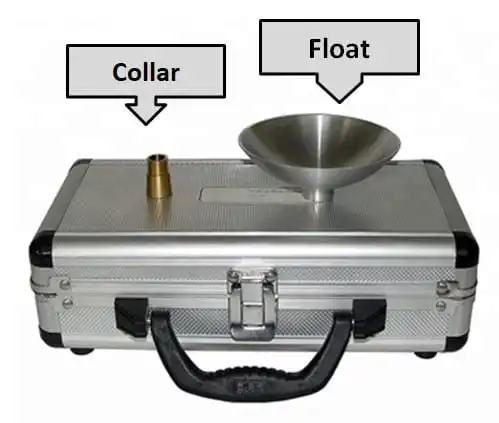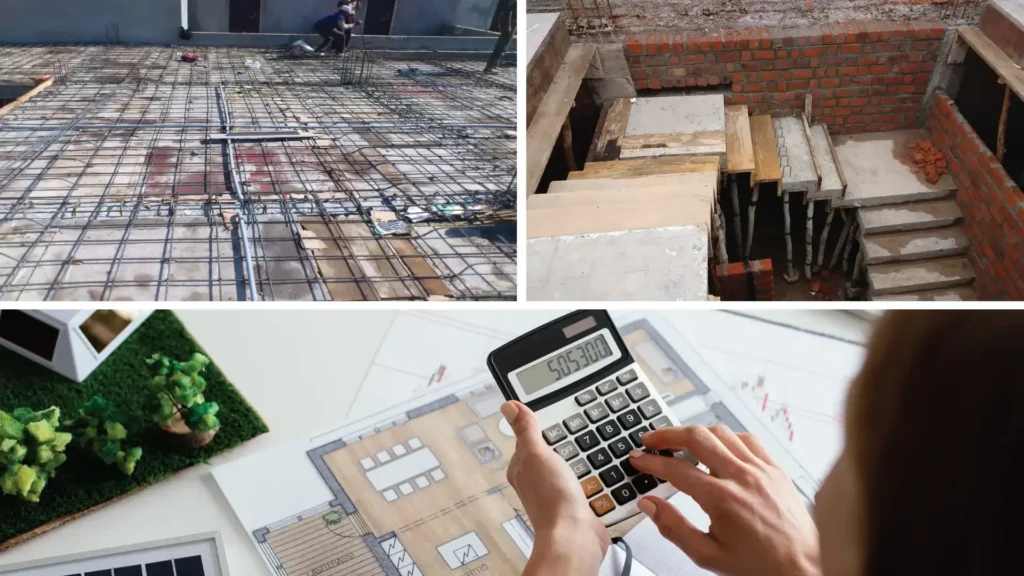Discover the essentials of contracts in construction projects. Learn about the concept of contracts and delve into the crucial conditions that define contractual agreements within the construction industry. Gain insights into the legal framework and key components that shape successful construction contracts.
Introduction
In the world of construction, contracts are the foundation of every project. They serve as legally binding agreements between two or more parties, outlining the terms and conditions under which the work will be performed. Contracts are essential to ensure that the project progresses smoothly, and all parties involved understand their roles and responsibilities.
This comprehensive article will delve into the various conditions of contracts in construction. We will explore topics such as security deposits, compensation for delay, time limit extensions, completion certificates, payment processes, work at night and holidays, materials and workmanship standards, and much more. Through this detailed exploration, we aim to provide valuable insights, expert knowledge, and practical guidance on navigating the complexities of construction contracts.
Conditions of Contract in Construction
Security Deposit
A security deposit is a sum of money provided by the contractor as a guarantee that they will fulfill their contractual obligations. It acts as insurance for the client, protecting them in case the contractor fails to complete the work as agreed upon. This deposit ensures that the contractor is financially invested in the project’s success.
Compensation for Delay
Delays in construction projects can lead to significant financial losses for both clients and contractors. Contracts typically include provisions for compensation in case of delays caused by unforeseen circumstances or actions beyond the contractor’s control. These provisions help ensure that the project remains on schedule and that any delays are appropriately addressed.
Extension in Time Limit
Construction projects often face unforeseen challenges that can impact the original timeline. In such cases, contracts may allow for extensions in the time limit, providing the contractor with additional time to complete the work. Properly negotiated time extensions can help maintain the project’s quality and prevent unnecessary conflicts between parties.
Completion Certificate
A completion certificate is a crucial document that signifies the successful conclusion of the construction project. It is issued by the client after thorough inspection and verification that all work has been completed as per the contract’s terms and specifications. This certificate is essential for finalizing payments and releasing any remaining retention amounts.
Payment on Certificate
Payment processes in construction contracts are usually tied to the completion of specific milestones or deliverables. Payments are typically made after the client has reviewed and approved the work through a payment on certificate system. This ensures that the contractor is compensated fairly for the completed work.
Work at Night and Holidays
In certain circumstances, construction work may need to be carried out during non-standard hours, such as at night or on holidays, to meet project deadlines. Contracts may address the terms and conditions for such work, including additional compensation and safety measures.
Inferior Materials and Workmanship
To maintain construction standards, contracts often specify requirements for materials and workmanship. If the contractor uses subpar materials or fails to meet the required workmanship standards, the contract may include penalties or provisions for remedial actions.
Departmental Materials
In some cases, construction projects may require the use of materials sourced from the client’s own department or organization. Contracts should outline the process of procuring and using departmental materials, including quality checks and pricing mechanisms.
Extra Items and Its Payments
During the course of a construction project, there may be instances where additional work or materials are needed beyond the original scope. Contracts should address how such extra items will be identified, priced, and compensated.
Measurement and Payment to Contractor
Contracts in construction often use specific measurement units to determine quantities of work completed. These measurements are used to calculate payments to the contractor. A well-defined measurement and payment system are crucial for transparency and accuracy in billing.
Commencement of Work According to Drawing and Specifications
The commencement of work is a critical phase in any construction project. Contracts should ensure that the work begins according to the approved drawings and specifications, thereby preventing costly deviations from the original plan.
Additions and Alterations
As construction projects progress, clients may request changes or alterations to the initial plans. Contracts should define the process for making additions or alterations, including obtaining written approval and adjusting project timelines and costs accordingly.
Subletting
In some cases, a contractor may choose to sublet a portion of the work to another party. Contracts should explicitly state whether subletting is allowed, the process for obtaining permission, and the responsibilities of the primary contractor in such scenarios.
Breach of Contract
A breach of contract occurs when one party fails to fulfill its obligations as outlined in the agreement. Contracts should clearly define the consequences of a breach, including potential penalties and dispute resolution mechanisms.
Labour Laws
Construction projects involve a significant workforce, and adherence to labor laws and regulations is crucial. Contracts should include provisions that ensure compliance with labor laws, including worker safety, minimum wage, and working hours.
Compensation in Case of Bad Work
If the contractor’s work is found to be substandard or non-compliant with the agreed-upon standards, contracts should address how compensation will be handled, including possible deductions from the contract amount.
Maintenance Period
The maintenance period is a crucial phase following the completion of a construction project. Contracts may specify a defined period during which the contractor is responsible for addressing any defects or issues that arise.
Supervision by Higher Officers
To ensure the project’s quality and adherence to specifications, contracts may require regular supervision and inspection by higher-ranking officers or designated representatives.
Suspension of Work
In exceptional situations, construction work may need to be suspended temporarily. Contracts should outline the circumstances under which work may be suspended and the procedures for resuming work afterward.
FAQ
- Q: What is the importance of a security deposit in construction contracts?
A: The security deposit serves as a financial guarantee that the contractor will fulfill their contractual obligations, providing reassurance to the client and protecting them from potential losses. - Q: How are delays in construction projects typically compensated?
A: Compensation for delays is often addressed in the contract, with provisions outlining how additional time will be granted and how any resulting costs or damages will be covered. - Q: What is the purpose of a completion certificate?
A: A completion certificate signifies that the construction project has been successfully completed as per the contract’s terms and serves as a prerequisite for final payments and closing the project. - Q: How are extra items handled in construction contracts?
A: Extra items are addressed by clearly defining a process for identifying and pricing additional work or materials beyond the original scope. - Q: What happens in the event of a breach of contract?
A: In case of a breach, the contract should outline the consequences, including potential penalties or dispute resolution mechanisms. - Q: Are contractors allowed to sublet work in construction projects?
A: Contracts may permit subletting under specific conditions, with provisions that ensure the primary contractor remains responsible for the subcontractor’s work.
Conclusion
Contracts are the backbone of construction projects, providing the necessary structure and guidance to ensure successful completion. From security deposits to compensation for delays and supervision by higher officers, every aspect of a construction contract plays a crucial role in project management and success. By understanding and negotiating these conditions effectively, all parties can collaborate harmoniously to deliver outstanding results. As a construction professional, adhering to these contract conditions will not only foster trust and confidence but also ensure a smooth and rewarding experience for everyone involved.
============================================
Get







